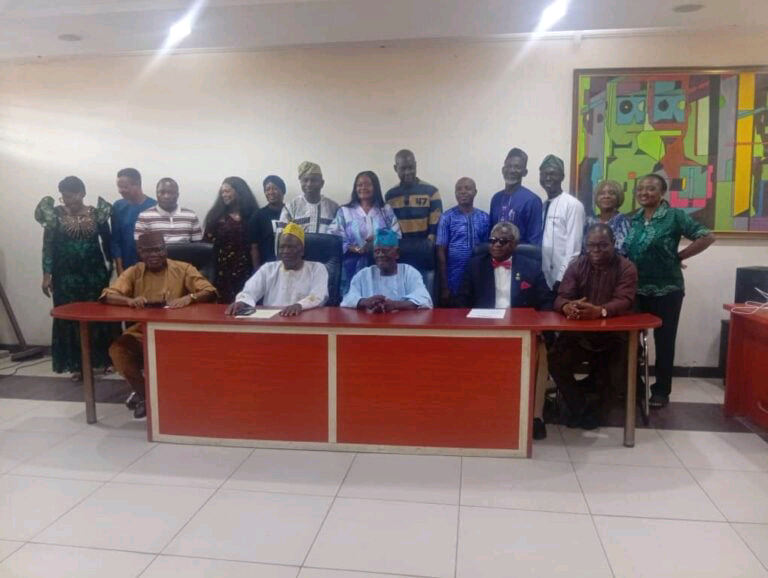26 Years After, Democracy Still Bears Military Imprints, Laments Oguntoyinbo, NNPP Chieftain
A prominent chieftain of the New Nigeria Peoples Party (NNPP), Ambassador Olufemi Ajadi Oguntoyinbo, has voiced strong concerns over the quality of democratic leadership in the country.
In a statement made available on Thursday, Oguntoyinbo expressed dismay that many Nigerians were yet to see any tangible difference between the current democratic dispensation and past military regimes.
He criticized elected officials for failing to deliver on promises made to the electorate, particularly in the area of infrastructure and service delivery.
Oguntoyinbo lamented that while the country transitioned from military to civilian rule in 1999, many officeholders continue to exhibit authoritarian tendencies reminiscent of military dictatorship.
“What we are witnessing today is a democracy in name but not in practice. Many of those in power are still operating with a military mindset.
“The culture of impunity, disregard for public opinion, and failure to deliver on campaign promises are all evidence of this lingering undemocratic spirit,” Oguntoyinbo said.
Citing the persistent electricity crisis as a prime example of failed governance, Oguntoyinbo called out President Bola Ahmed Tinubu for not fulfilling a key 2023 campaign promise to provide constant power supply to Nigerians.
“I want to remind President Tinubu that one of his major promises was the provision of stable electricity.
“Two years into his administration, millions of Nigerians still suffer from epileptic or completely absent power supply. This continued failure is unacceptable and could cost the ruling All Progressives Congress (APC) dearly in the 2027 elections,” he said.
The NNPP stalwart urged political leaders across all levels to embrace the core tenets of democracy transparency, accountability, and service to the people.
“Those in positions of authority must use their offices to demonstrate and uphold true democratic governance rather than reverting to military-style leadership,” Oguntoyinbo added.
He concluded with a warning that unless there is a visible shift toward people-oriented governance, public trust in the democratic process may continue to erode.
Nigeria’s Fourth Republic began on May 29, 1999, marking the end of a long era of military rule.
However, over two decades later, concerns remain about the depth and quality of democratic practice in the country.







